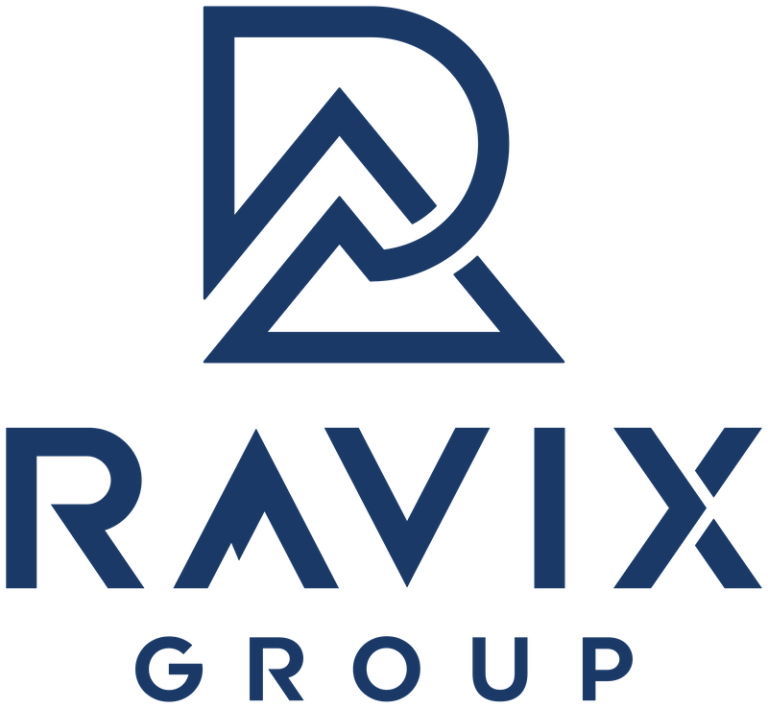For most founders, there will be a time when they need to sell the company. It’s a stressful time, full of unknowns, negotiations, terms and clauses, valuations, equity payouts, and a slew of tasks that a founder rarely does. Ask for a product timeline. No problem. An M&A timeline? Not usually in the founder’s bag of tricks unless they’ve done it before. We’ve seen hundreds of transactions and here’s what you can expect.
A merger and acquisition (M&A) timeline can vary widely depending on several factors, including the deal’s complexity, the size of the companies involved, regulatory requirements, and the diligence with which each step is undertaken. Typically, an M&A process can take a few months to over a year. Here’s a general outline of the stages in an M&A process, along with typical timeframes and factors that can affect the duration:
Typical Timeline of an M&A
1. Preparation Stage (1-3 months):
- Strategic Planning: Identifying the need for M&A, defining strategic goals, and setting the criteria for target companies.
- Searching for Targets: Conducting market research to identify potential target companies.
2. Initial Contact and Valuation (1-2 months):
- Initial Meetings: Reaching out to potential targets, expressing interest, and beginning preliminary discussions.
- Valuation: Performing initial valuation analyses to determine a fair price range.
3. Due Diligence (2-6 months):
- Comprehensive Review: Conducting a thorough examination of the target’s financial records, legal standings, operational assets, and market position.
- Identifying Risks and Opportunities: Analyzing potential risks and opportunities that the acquisition might present.
4. Negotiation and Structuring (1-3 months):
- Drafting Terms: Negotiating the terms of the deal, including price, payment structure, and post-merger plans.
- Finalizing the Deal Structure: Deciding on the legal and financial structure of the acquisition.
5. Finalization and Closing (1-2 months):
- Drafting and Signing Agreements: Finalizing and signing the purchase agreement and other necessary legal documents.
- Regulatory Approvals: Submitting documents for regulatory approval, which can vary greatly in time depending on the industry and jurisdictions involved.
6. Integration (6-12 months):
- Implementing Integration Plans: Merging operations, systems, and cultures.
- Post-Merger Optimization: Streamlining processes and achieving planned synergies.
Factors That Can Increase the Timeline
- Regulatory Scrutiny: High levels of regulatory scrutiny, especially in industries like telecommunications, banking, healthcare, and cross-border deals, can significantly prolong the M&A process.
- Complex Negotiations: Difficulties in agreeing on valuation, payment terms, or future operational structures can delay proceedings.
- Extensive Due Diligence: Discovering issues during the due diligence, such as financial irregularities or legal entanglements, can extend the timeline as these issues are investigated and resolved.
Factors That Can Decrease the Timeline
- Preparedness and Clarity: Having clear objectives, a well-prepared strategy, and ready access to financial and operational data can streamline the process.
- Willingness to Compromise: Flexibility and willingness to compromise can expedite negotiations.
- Experienced Advisors: Engaging experienced financial, legal, and industry-specific advisors can facilitate faster and more effective negotiations and due diligence.
At Ravix Group, we have experienced finance experts who help startups with their M&A questions. Interested in M&A advice? Reach out today for a free consult:



